Why you need a Nexus Rebel LS for your LS swap
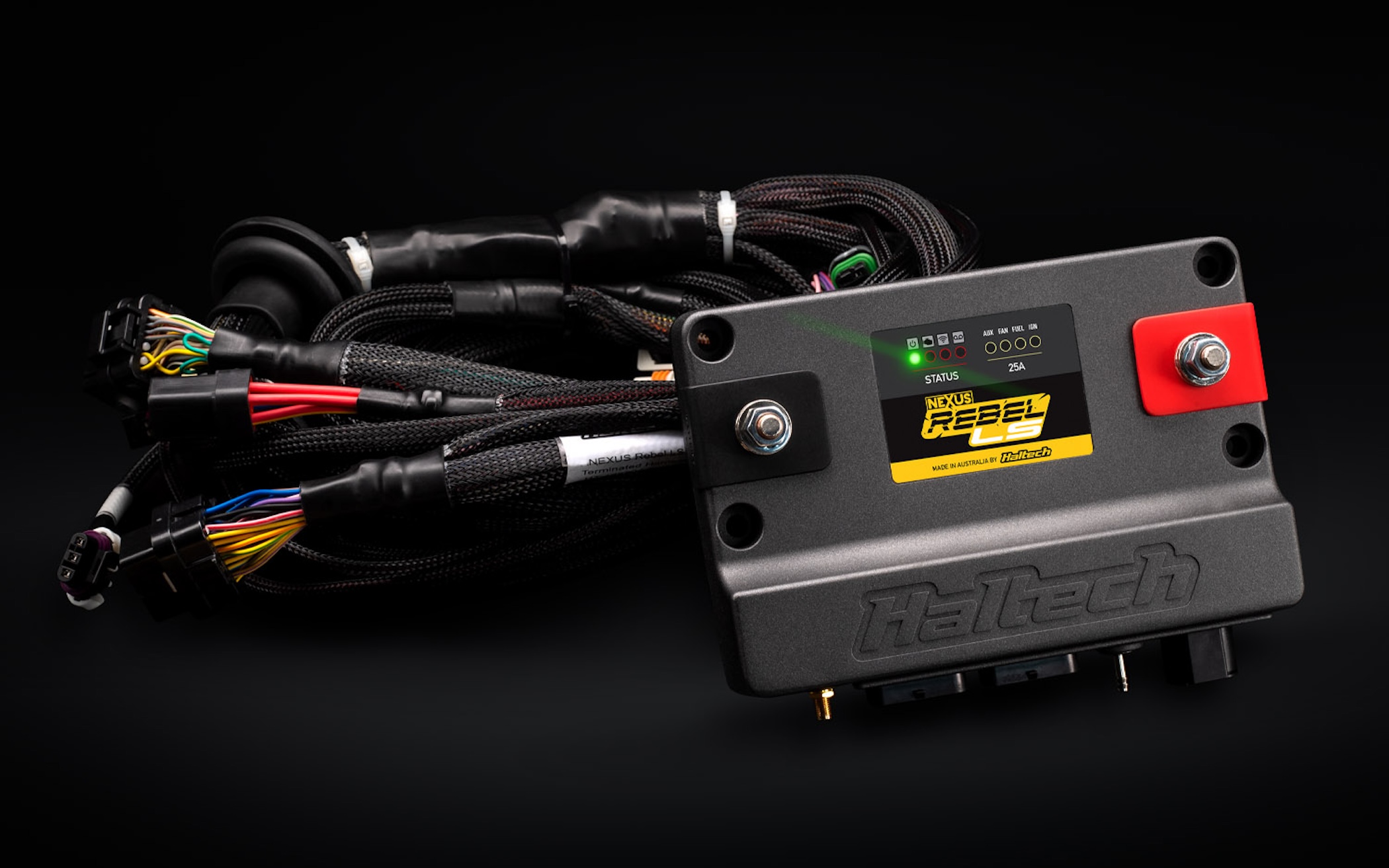
Story Kian Heagney - Photos Shaun Tanner
Nearly 30 years on from the debut of the LS, swapping Gen III and IV bent eights them into just about everything is as popular as ever, and older platforms are a favourite choice. That’s where Haltech’s new Nexus Rebel LS comes in; an ECU package designed specifically to make slotting an LS into an older project as simple and effective as possible.
Haltech president Nathan Clark recently did such a conversion himself, running the Rebel LS in the ’59 Cadillac ECTO-1 replica he debuted at Street Machine Summernats 36.
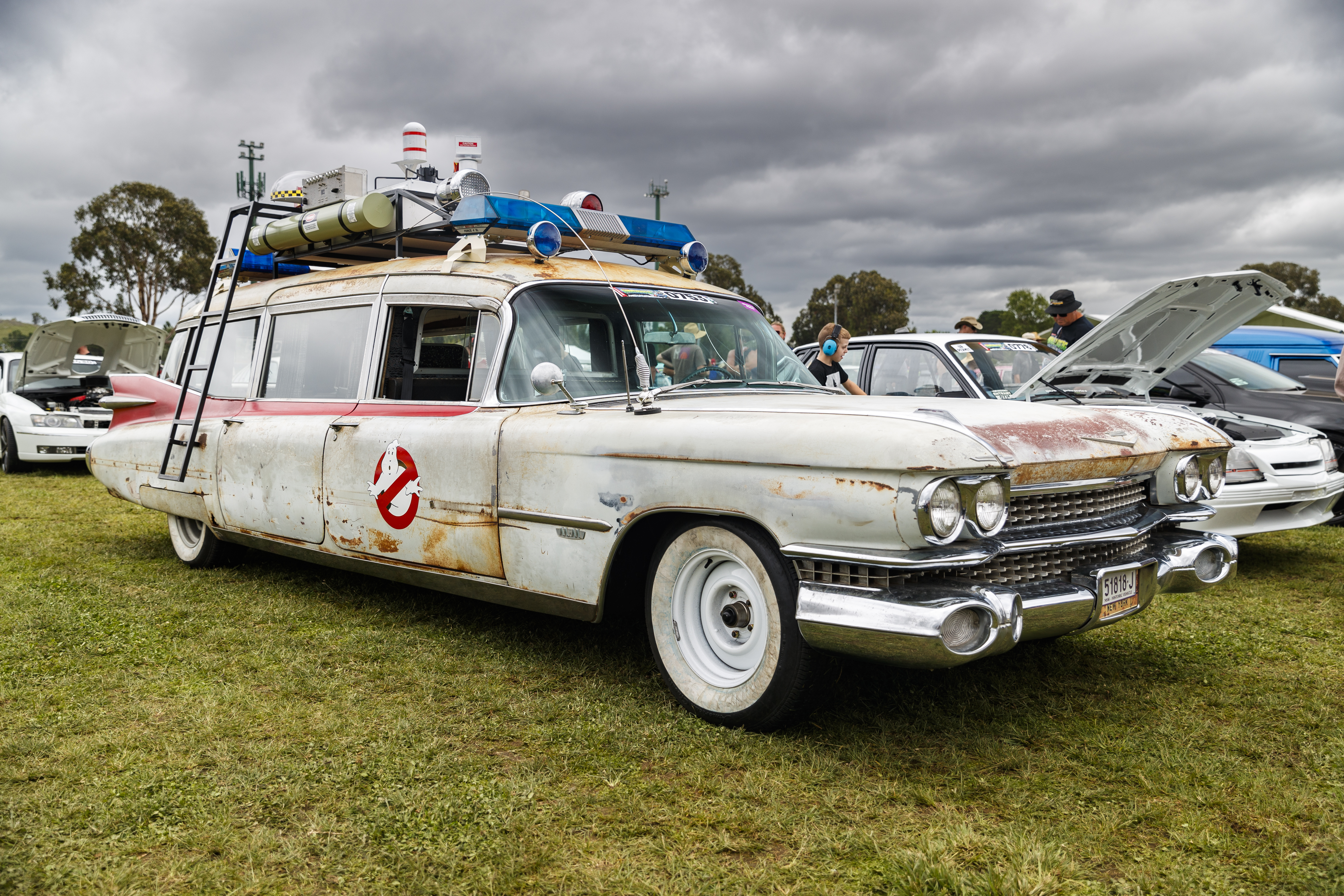
Joining an LS-powered DeLorean time machine replica in Nathan’s collection, the ambulance/hearse runs a Gen IV LS3 with a Harrop 2300 blower. “It’s one of the earlier cars we fitted the Rebel package to, and it’s a perfect example of what the Rebel is intended for,” Nathan says.
“We developed it based on customer surveys, as [the LS] still by far the most popular conversion engine in the world. One of the key focuses was to remove a bunch of barriers people typically find when installing aftermarket ECUs; two of those being wiring and calibration.”
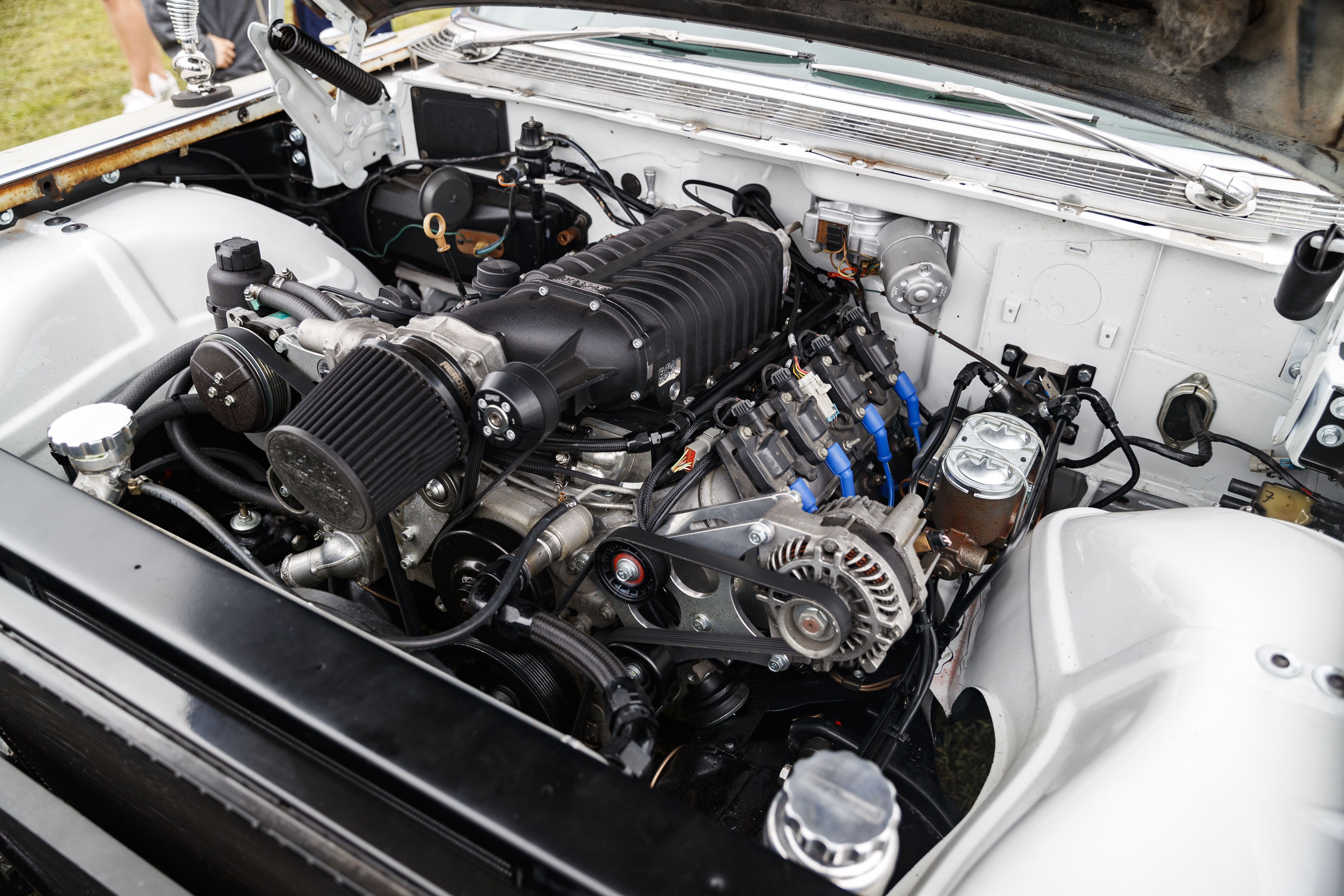
Wiring is a scary thing to many of us, so it’s often outsourced to professionals at great cost. Haltech recognised this during development, so the Rebel LS kit includes a comprehensive wiring loom, with easy-to-follow instructions and labelled to suit Gen III or IV mills. “We also ensured the loom has provision to suit all sorts of different configurations,” Nathan says. “For example, the ECTO uses high-mounted accessories. A standard loom wouldn't suit as it wouldn’t be long enough, so we left enough leeway in the loom to account for that.”
The Rebel also allows you to do away with relays and fuses, as with Haltech’s R3 or R5 ECUs. It takes care of those inputs internally, so you can simply hook up positive and negative wires, plug in the loom connectors and get going.
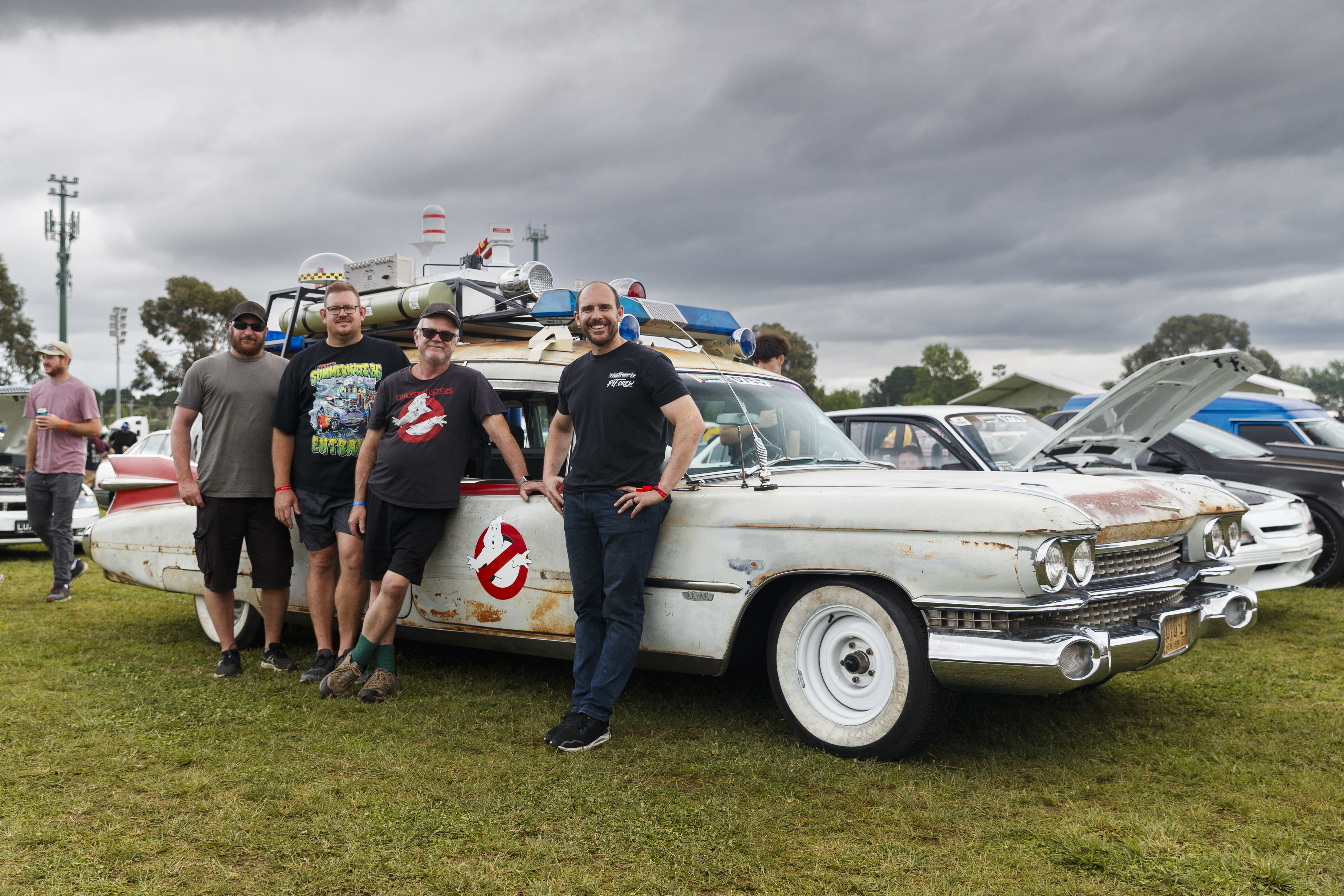
On the software side, it’s a similar story. There’s no need for a fancy laptop to get the Rebel up and running; a smartphone will work just fine. Haltech’s setup wizard and NSP software guides you through the whole process, so it’s no harder than setting up a new phone. “We dynoed all types of LS set-ups, from standard to heavily modified, ensuring we had base maps to suit just about every application,” Nathan says.
Despite its simplicity, the software is still incredibly intelligent. “It can even pick up if you’ve got your crank and cam triggers mixed up and pull up a code to help you correct it,” Nathan says. “There’s codes for all kinds of errors, so if you do make a mistake, it’ll be able to tell you.”
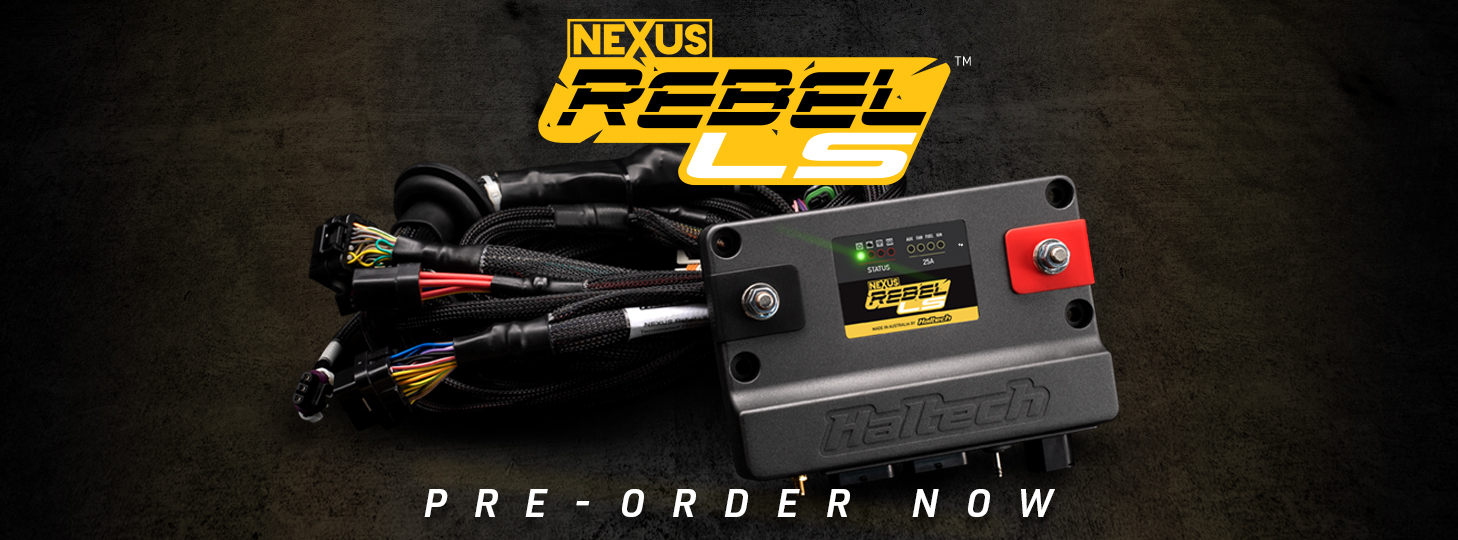
It’s worth noting the Rebel LS isn’t designed for late-model, factory LS-powered machines like VF Commodores, as the Rebel doesn’t have the facilities to interact with all the modern systems on a car like that. “What we did was take the Nexus principles from the R3 and R5, and simplify it for this purpose,” Nathan explains. “I wanted to get my Cadillac to Summernats, and this was by far the easiest way to do that. Most people should be able to have it all installed and running within a few hours, which leaves you plenty of time to focus on building the rest of the car, just like I had to do!”
The Nexus Rebel LS is available to pre-order now, with the first shipments expected to drop at the end of March 2024. If you’re keen on one, we highly suggest putting in an order now. “The response has been massive, and if you don’t get one in now you may be waiting till past April to get one,” Nathan says. “It’s a bit daunting for us, but it shows just how popular this platform is.”
To find out more or place an order, head to haltech.com or speak to your nearest Haltech dealer.
Comments
No posts found










